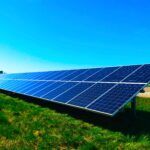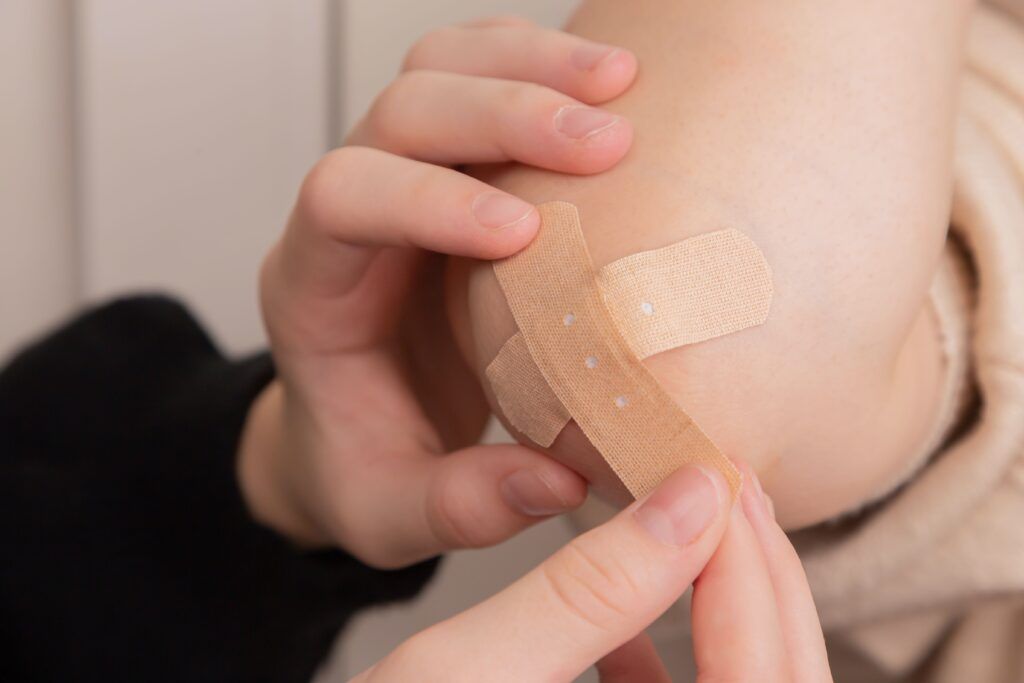Publicaciones relacionadas:
 Scientists solve mysteries of the world’s oldest computer
Scientists solve mysteries of the world’s oldest computer
 Greek island Tilos picks up award for clean energy transition
Greek island Tilos picks up award for clean energy transition
 Up to 78 million batteries will be discarded daily by 2025, researchers warn
Up to 78 million batteries will be discarded daily by 2025, researchers warn
 UAL and Nostoc Biotech study on the efficacy of earthworm humus on the productivity and quality of peppers
UAL and Nostoc Biotech study on the efficacy of earthworm humus on the productivity and quality of peppers
 Can life from Earth survive on a planet like Mars?
Can life from Earth survive on a planet like Mars?


Leave a Reply